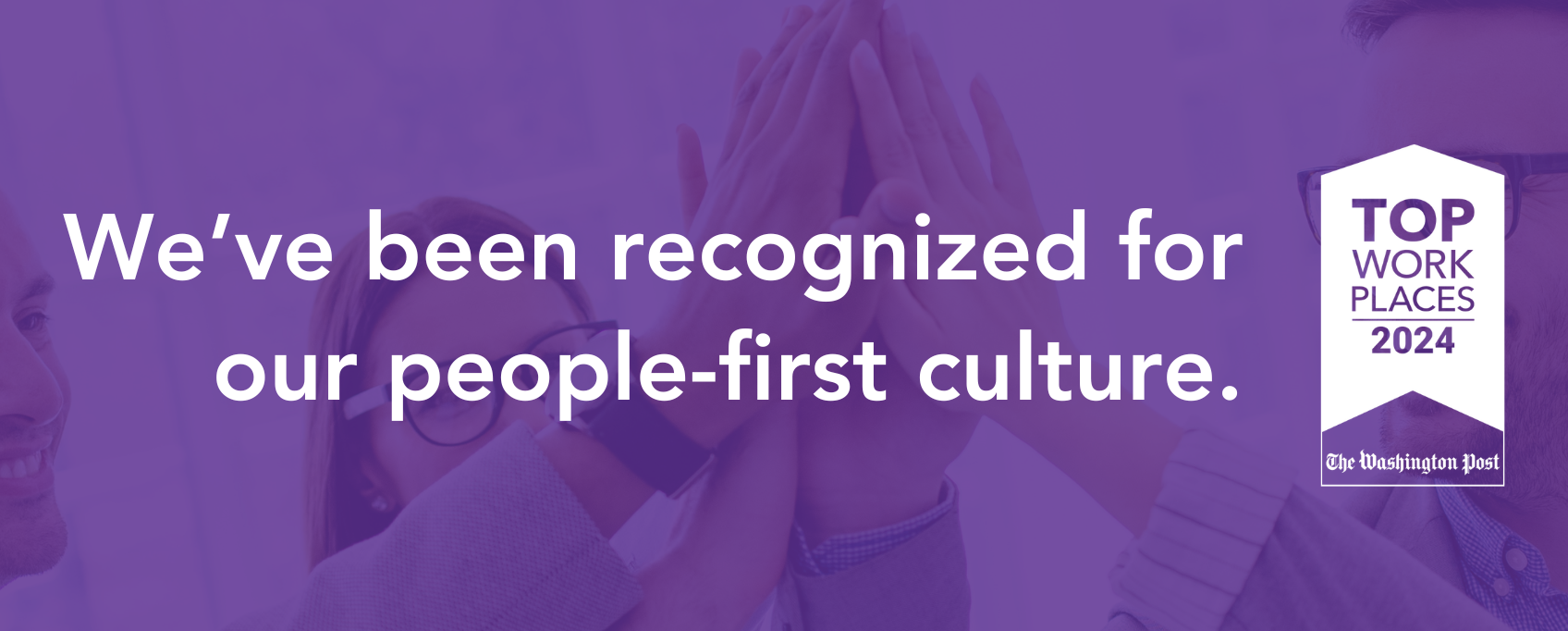
The Fifth Circuit Court has ruled decisively in favor of the FLSA Salary Basis Test, reaffirming the DOL’s authority to set minimum salary requirements. Discover what this landmark decision means for employers and employees, and get insights on how it reshapes the definitions of executive, professional, and administrative exemptions.

Amad Rashad Thompson, PHRi, is a dynamic HR specialist and entrepreneur. Learn how HRCI certification has been a catalyst for his career and how lifelong learning continues to shape his professional path.

Discover what attracts the top job candidates of today with these insights for employers. Learn how flexible work arrangements and career growth opportunities can help your organization attract and retain the best talent.

Congress is back in session and September is gearing up to be a high-stakes month. From funding the government to the latest labor law revisions, get the top updates here.

HRCI and IFMA have announced a strategic partnership aimed at enhancing training and certification for facility management and human resource professionals. This collaboration leverages IFMA's Strategic Partner Association program to provide integrated resources and specialized training, thereby improving organizational effectiveness and supporting workplace wellness.

Discover the global impact of HRCI's recent exam development meeting in Alexandria, VA, where 23 HR experts from 17 countries collaborated to enhance international HR certifications. Learn how these diverse perspectives are shaping the future of HR standards worldwide.

A recent decision by the U.S. District Court for the Northern District of Texas has invalidated the FTC noncompete rule, potentially reshaping your workplace. Discover how this pivotal ruling and other new labor regulations could impact your organization.

The District Court has given a green light to the FTC's new rule limiting noncompete agreements. Explore these crucial updates, including insights on OSHA, NLRB, and the latest Congress moves.
.png?sfvrsn=da574261_0)
The US District Court just granted a preliminary injunction against the FTC’s noncompete rule. What does this mean for you? Plus, find out how the US Supreme Court, House, and Senate are reshaping laws affecting fiduciary rules and arbitration agreements.
f6aa2e8e537e6cd8aac9ff00006e5b37.png?sfvrsn=5ad44261_0)
The US Supreme Court has overturned a 40-year precedent, ruling that the interpretation of statutes by federal agencies are not entitled to deference. The decision in Loper Bright Enterprises v. Raimondo means that courts must exercise their independent judgment in deciding whether an agency has acted within its statutory authority.
.png?sfvrsn=9944261_0)
Are you caught up on the latest Supreme Court decision impacting labor relations and federal regulations? The Court has set a new precedent with a stricter four-factor test for preliminary injunctions, shaking up the legal landscape for labor disputes, federal contractors, and regulations on worker's rights. Read more in our latest legal blog.

Edison Tao, GPHR, is an HR practitioner with an impressive track record in the biotech, new energy, and auto parts industries. Discover how he's embracing global HR challenges and the transformative power of HRCI certification.

HRCI is thrilled to announce it has earned the prestigious 2024 Top Workplaces award from The Washington Post. Derived from the findings of a workplace survey administered by Energage, HRCI has been validated as an employer of choice.

A lawsuit challenging the FLSA's new overtime rule could change everything for executive, administrative, and professional employees. Discover the case's implications and the battle for worker rights.

Several states are suing to overturn an EEOC rule related to the Pregnant Workers Fairness Act. The Department of Labor has updated the rules defining investment fiduciaries, while the IRS has raised the contribution limits for health savings accounts for 2025. Additionally, the Department of Labor has set out guidelines for employers and AI system developers.